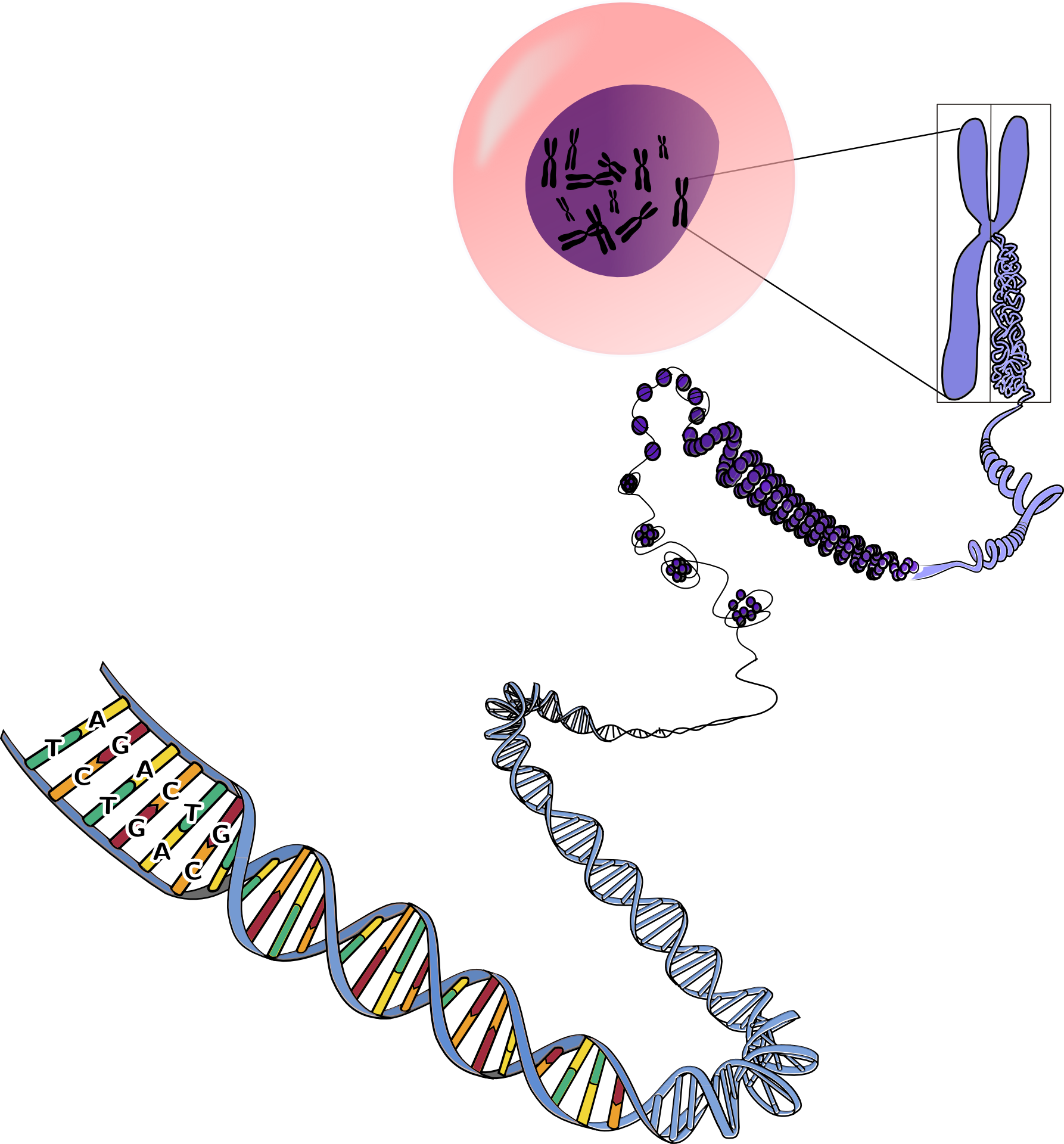Psychiatric and neurodevelopmental disorders result from both genetic and environmental factors. We know that the role of genetics, or the heritability, of these disorders is considerable although it varies from disorder to disorder. Heritability refers to how much of the trait can be explained by genetic factors (as opposed to environmental factors). For example, autism spectrum disorder and schizophrenia are highly heritable (i.e., genetics play an influential role), whereas the heritability of disorders, such as major depressive disorder, are considerably lower (i.e., genetics play less of a role). Genetic factors do not cause psychiatric disorders per se but can increase a person's risk of developing the disorder. Psychiatric and neurodevelopmental disorders are polygenic, which means that many genes act together to increase a person's risk for a disorder. This is similar to traits like height. There is no one gene for depression, anxiety, autism spectrum disorder, or any other disorder but many hundreds of thousands of variants that contribute to risk.
Basic Genetics
To understand the genetics of psychiatric and substance use disorders, it is first necessary to understand the basics of genetics. Most cells of the body have 46 chromosomes, grouped into 23 pairs. One member of each chromosome pair comes from each parent. Each chromosome is made up of a string of deoxyribonucleic acid (DNA), the genetic material that provides instructions for how the body grows and functions. Genes are stretches of DNA that provide the instructions for making a specific protein with a specific job in the body. Each of us has over 20,000 genes. Although we are all working from the same general DNA blueprints, there are a lot of differences in the DNA code between people. Certain variations within the genes may lead to differences in how an individual’s body makes a particular protein or how much of it is made, which can lead to differences between individuals — everything from hair or eye color, to things like how our bodies process alcohol or complex emotions.

